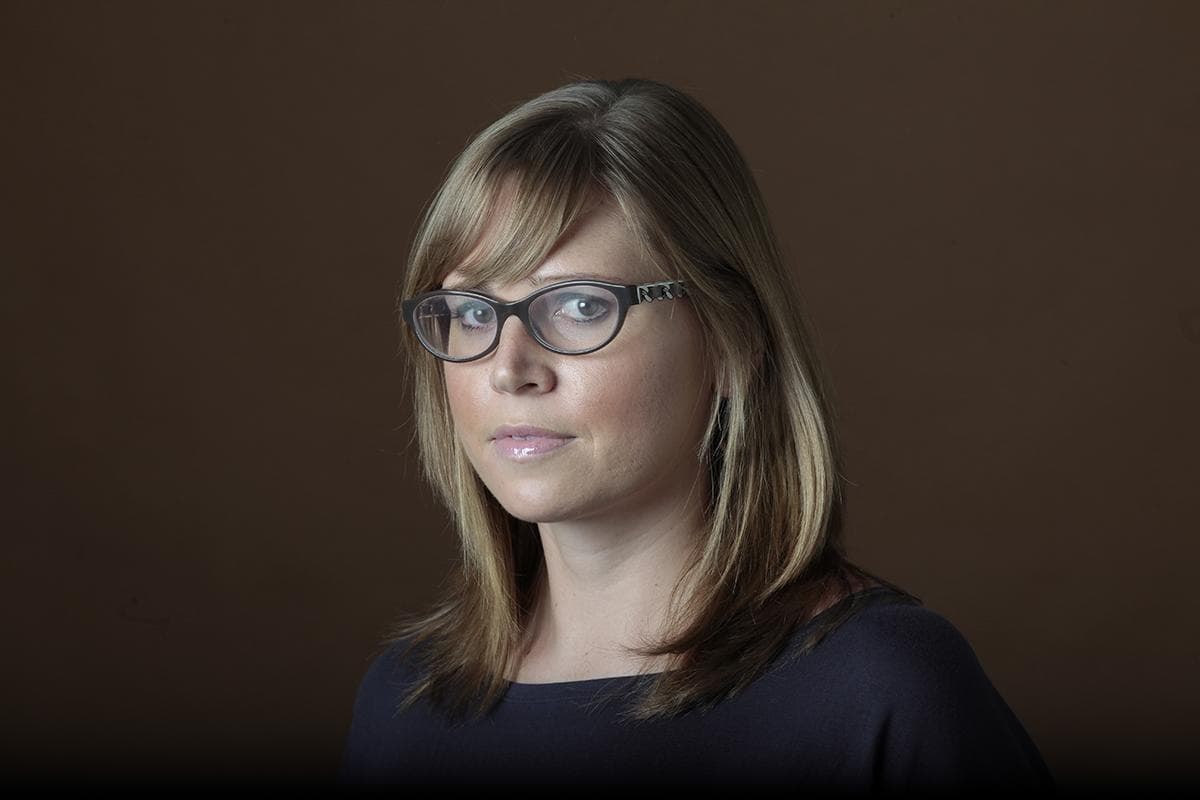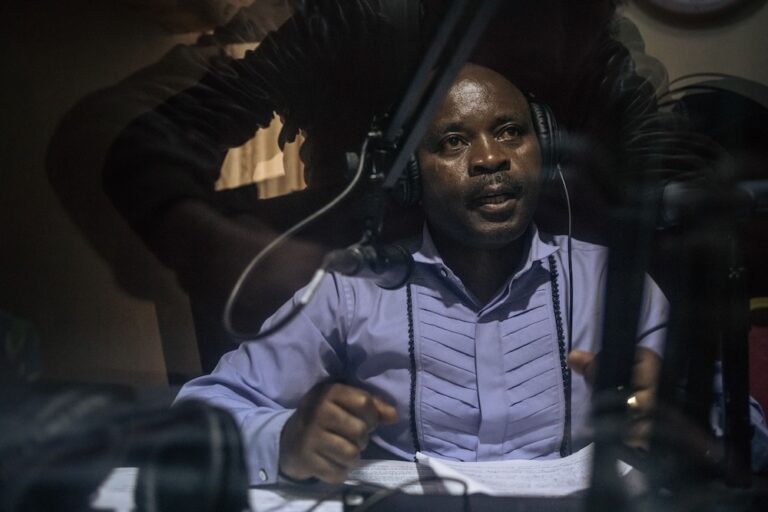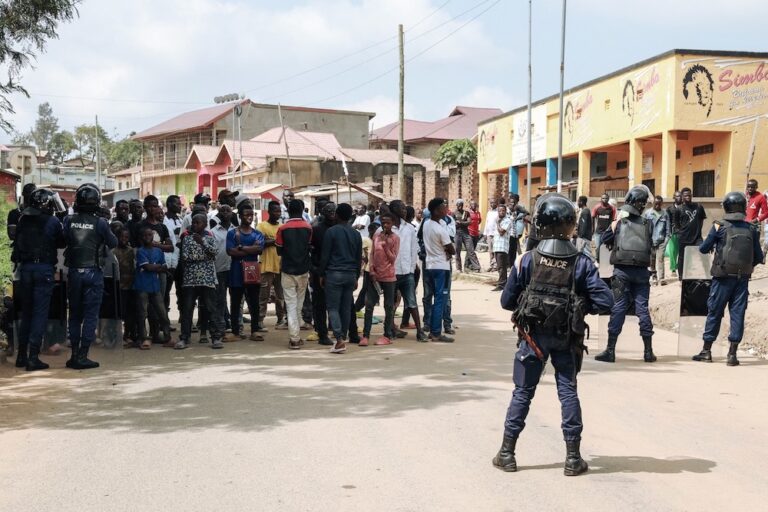"This is about more than forcing Ida Sawyer out of Congo, but is a brazen attempt to muzzle reporting on the government’s brutal repression of those supporting presidential term limits."
This statement was originally published on hrw.org on 9 August 2016.
The government of the Democratic Republic of Congo has blocked a senior Human Rights Watch researcher from continuing to work in the country, Human Rights Watch said today. The authorities’ revocation of Ida Sawyer’s work permit is the government’s latest attempt to curtail human rights reporting during a period of increased government repression.
“The Congolese government’s move to bar an experienced Human Rights Watch researcher under the guise of a work permit matter should fool no one,” said Kenneth Roth, executive director at Human Right Watch. “This is about more than forcing Ida Sawyer out of Congo, but is a brazen attempt to muzzle reporting on the government’s brutal repression of those supporting presidential term limits.”
Immigration authorities renewed Sawyer’s three-year work permit in May 2016, before it expired on August 9. On July 3, immigration unexpectedly and without explanation annulled the new permit when Sawyer passed through Kinshasa’s main N’djili International Airport following a trip abroad. Human Rights Watch wrote to immigration authorities raising concerns about the unusual action and requested reinstatement of the permit. The authorities told Sawyer to submit a new work permit request.
On August 8, immigration authorities informed Sawyer that her request was denied and that she was to leave the country within 48 hours. No reason for the denial of a new permit was provided. Sawyer will leave Congo within the allotted time frame, Human Rights Watch said.
Human Rights Watch is an independent international organization that has conducted research on the human rights situation in Congo for over 25 years. Sawyer has lived and worked in Congo for Human Rights Watch since January 2008. She has conducted research and advocacy on a wide range of human rights abuses by the government and by non-state armed groups such as the M23 and the Lord’s Resistance Army (LRA).
Since January 2015, the Congolese government has imposed a brutal crackdown against those who have spoken out against or opposed attempts to extend President Joseph Kabila’s stay in power beyond his constitutionally mandated two-term limit, which ends on December 19. Preparations for presidential elections have stalled and senior government officials say elections cannot be held before the end of the year because of technical, logistical, and financial constraints.
During this period, government security forces have arbitrarily arrested scores of opposition leaders and activists, fired on peaceful protesters, banned opposition demonstrations, shut down media outlets, accused peaceful pro-democracy youth activists of plotting terrorist acts, and prevented opposition leaders from moving freely around the country. At least 14 activists and political opponents remain in prison on trumped up charges.
The government should credibly and impartially investigate alleged government abuses and hold those responsible to account, regardless of their position or rank, Human Rights Watch said.
In recent months, the government has broadened its suppression of criticism by forcing international officials and human rights monitors to leave Congo. In October 2014, the government expelled the director of the United Nations Joint Human Rights Office in Congo, Scott Campbell, following publication of a report about summary executions and enforced disappearances during a police operation in Kinshasa. The director of the Congo Research Group, Jason Stearns, was forced to leave in April 2016, following publication of a report about massacres in the Beni region of eastern Congo. In July, the authorities forced two researchers from the international organization Global Witness to leave Congo while they were investigating logging practices.
“Locking up Congolese activists and forcing international rights monitors out of the country are the tactics of abusive governments,” Roth said. “The government should get serious about improving human rights by freeing all political prisoners and allowing Congolese and international rights defenders, including Sawyer, to continue their vital work.”



